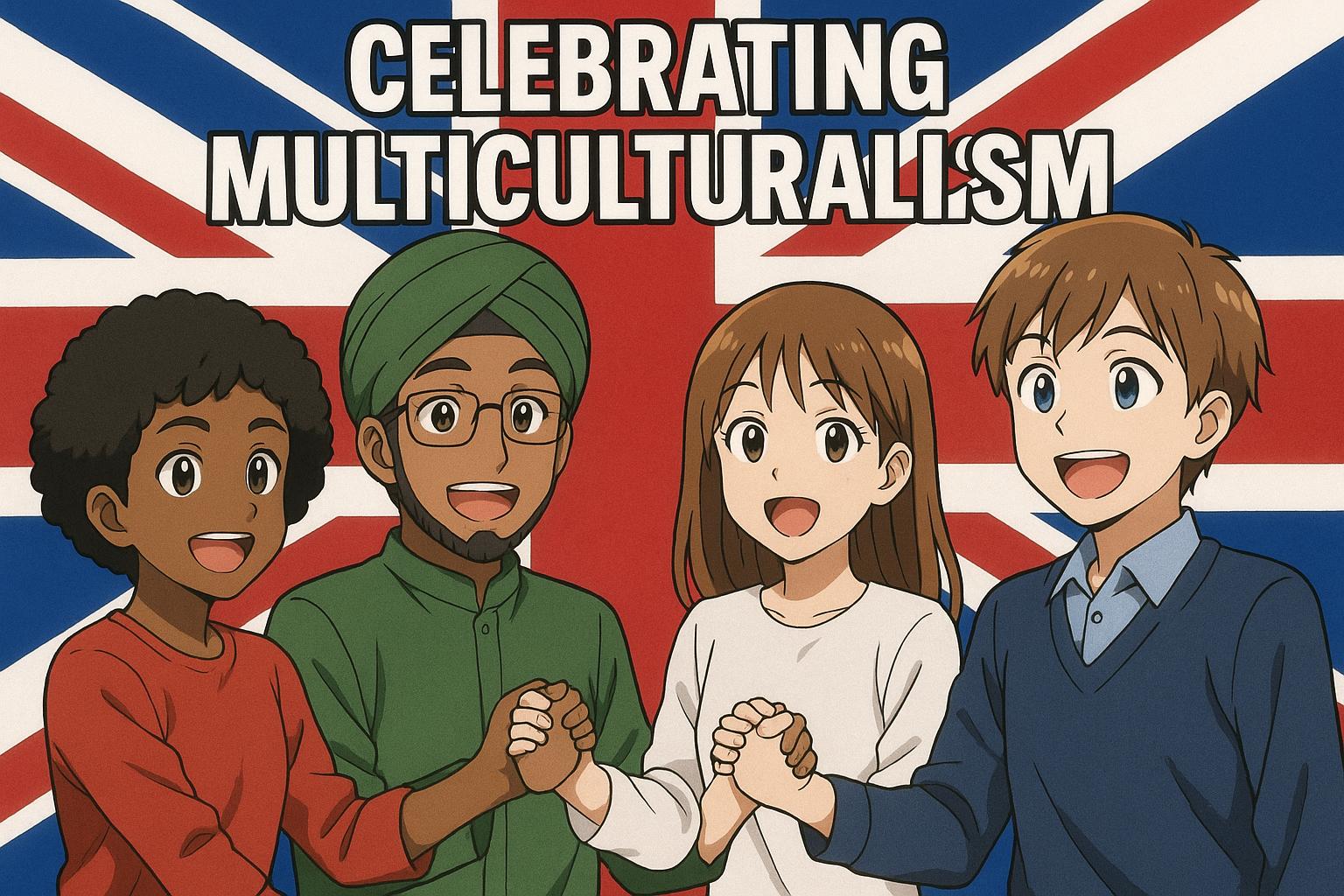The recent remarks by Keir Starmer regarding immigration have ignited considerable debate, particularly his alarming depiction of the UK evolving into an "island of strangers." This phrase, reminiscent of Enoch Powell’s notorious rhetoric, has drawn sharp criticism. Many are now questioning not only Starmer's direction for the Labour Party but also his approach to an issue deeply intertwined with the nation’s identity.
Starmer's speech outlined a strict new immigration policy aimed at curbing net migration. His proposals include dismantling the care visa route, a move that many experts warn could exacerbate workforce shortages in critical sectors like health and construction. As economic realities loom large, critics have pointed out that such rhetoric may alienate not only potential voters but also the very community Labour traditionally seeks to represent. The Labour leader's grappling with immigration reflects a broader shift within the party, as it attempts to navigate a rapidly changing political landscape marked by the rise of reformist voices, particularly those from Reform UK.
The essence of national identity is indeed complex. For many, including those who have resided in the UK for decades, nationality is not a static label but a fluid amalgamation of histories, cultures, and experiences. As one letter to The Guardian reflected, the narrative of immigrants enriching British society is one of community-building and shared values rather than isolation. The author's father-in-law, a Chinese refugee who arrived in the UK in 1979, is now an emblem of this blended identity—he is at once Chinese and British, embodying the country’s multifaceted nature.
Moreover, critics of Starmer's stance argue that framing immigration as a threat shifts the focus away from real issues like social care funding and systemic failings within the education sector. The assertion that immigration drives strain on public services oversimplifies a multifaceted problem, where the underfunding of essential services is arguably a more significant contributor to the pressures citizens experience. The contributions of immigrant workers, particularly in sectors like healthcare, underscore the essential role they play in sustaining the nation's infrastructure.
Public responses have varied. Many have expressed dismay at the notion that new arrivals contribute to feelings of estrangement, rather than fostering a rich tapestry of community engagement. One resident shared their experience of moving to the UK and quickly feeling welcomed within their local neighbourhood, contrasting the Labour leader’s bleak view with their own positive interactions. Such sentiments paint a picture of integration driven by community and shared experiences, which thrives in environments of goodwill rather than division.
The appeal for a shift in narrative is not merely a call for political correctness; it highlights a growing desire among constituents for unity against adversity. As one letter succinctly put it, building stronger communities through local events and shared spaces is a far more effective antidote to societal fragmentation than draconian immigration controls.
Starmer’s claims, while perhaps politically expedient, risk alienating a segment of voters who recognise that the UK’s strength lies in its diversity, not its homogeneity. If Labour wishes to distance itself from historical missteps, the challenge remains: how can they address legitimate concerns while fostering an inclusive vision of what it means to be British? A failure to navigate these waters thoughtfully could lead to a decline in public trust, as recent polls indicate a troubling decline in Starmer’s popularity among traditional Labour supporters.
The evolving conversation surrounding immigration is therefore not just about policies but about the future of community in Britain. A vision that encompasses shared success and multiculturalism could be the key to bridging divides and fostering unity. As the discourse around this pivotal issue continues to unfold, the need for comprehensive, inclusive strategies becomes ever more pressing.
Reference Map
- Paragraph 1: [2], [4], [6]
- Paragraph 2: [3], [5]
- Paragraph 3: [1]
- Paragraph 4: [7]
- Paragraph 5: [1], [2]
- Paragraph 6: [6], [7]
- Paragraph 7: [1]
Source: Noah Wire Services
